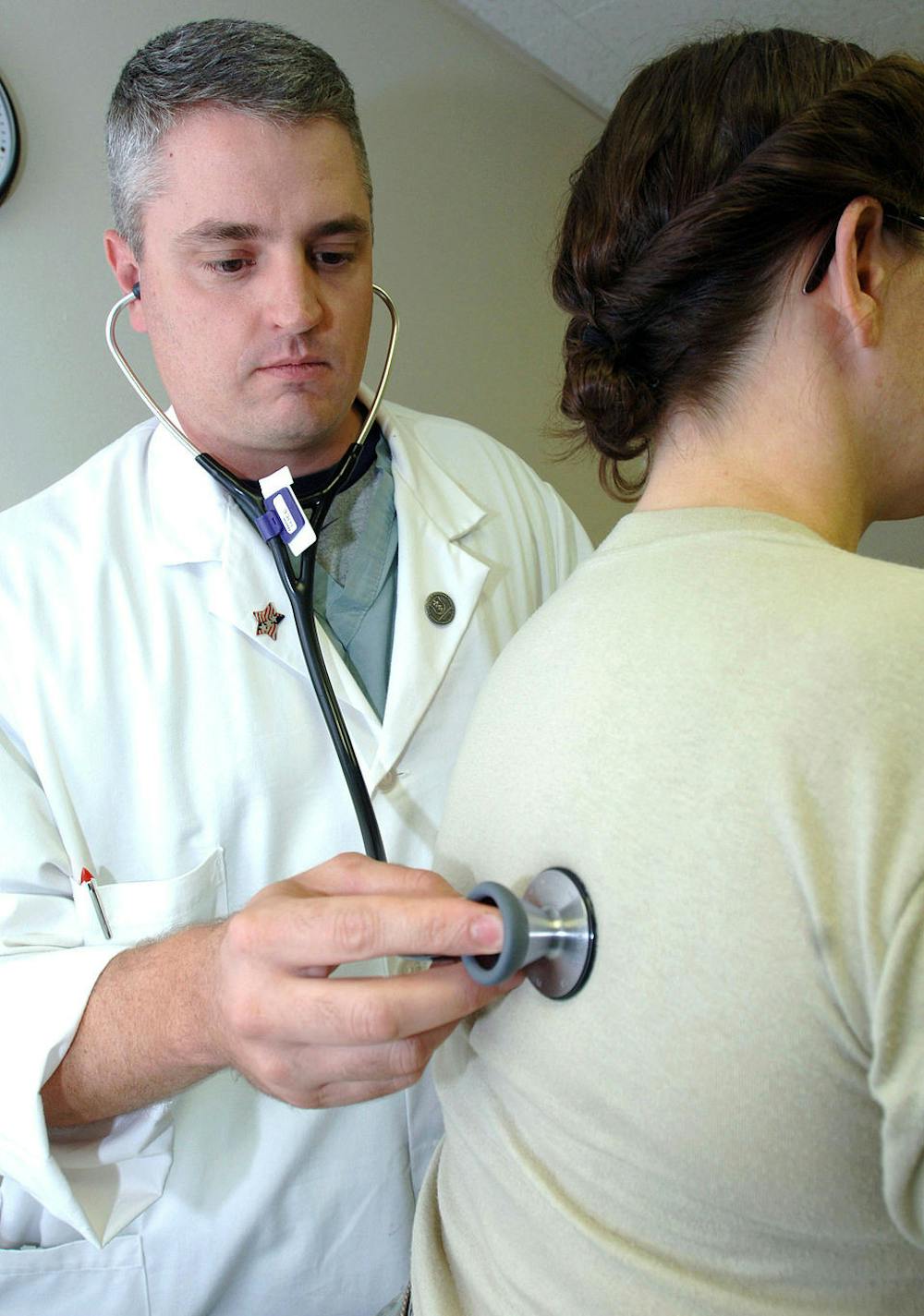By Violet Hollar
Correspondent
A new gene therapy developed by the University College London Huntington’s Disease Center has shown miraculous success in reducing the fatal genetic disorder’s progression by 75%, according to the BBC.
Huntington’s Disease is a fatal genetic disorder that affects around 100,000 Americans, caused by toxic proteins that damage brain cells. Usually appearing during the late 30s to early 40s, the degenerative disease causes issues with movement and brain function, typically progressing over 15-20 years according to ABC News.
The rare disease is passed down through families, with 50% of gene carriers developing the disease. The symptoms are variable but can include movement disorders like chorea, involuntary movement, trouble walking and trouble speaking.
It can also cause cognitive conditions like lack of impulse control or awareness, according to the Mayo Clinic. For most patients, the time between diagnosis of Huntington's disease and death is 10-30 years.
The experimental therapy aims to reduce the levels of toxic proteins that exist within a diseased brain. Using a catheter, surgeons infuse a safe virus into the brain, where the new DNA rewrites the brain to block out the toxic proteins.
The therapy was administered to 29 patients with Huntington's disease at the start of a 3-year-long study. After the 12-18 hour brain surgery, where the therapy was administered, patients were monitored for 3 years. The study found patients now showed a 75% decrease in clinical progression of the disease.
The therapy had few side effects for patients treated with the virus. Some patients experienced inflammation in the brain and headaches after receiving the therapy; however, after receiving steroids, they recovered, according to BBC.
Although the study has not been officially reviewed by other experts, professor Sarah Tabrizi says the study is a breakthrough in curing Huntington's disease, according to the BBC. Despite the success, officials are saying the important new treatment will cost in the millions for Huntington patients.
Professor Tabrizi is now taking the success from the first trial, and running a second trial for young people who carry the Huntington's disease gene, known as stage zero Huntington's, according to BBC.
The goal of the second trial is to find a preventative treatment for the fatal disease.







